To mark international Earth Day, seven New Zealanders recommend a daily change they think kiwis could make to help Aotearoa’s environment.
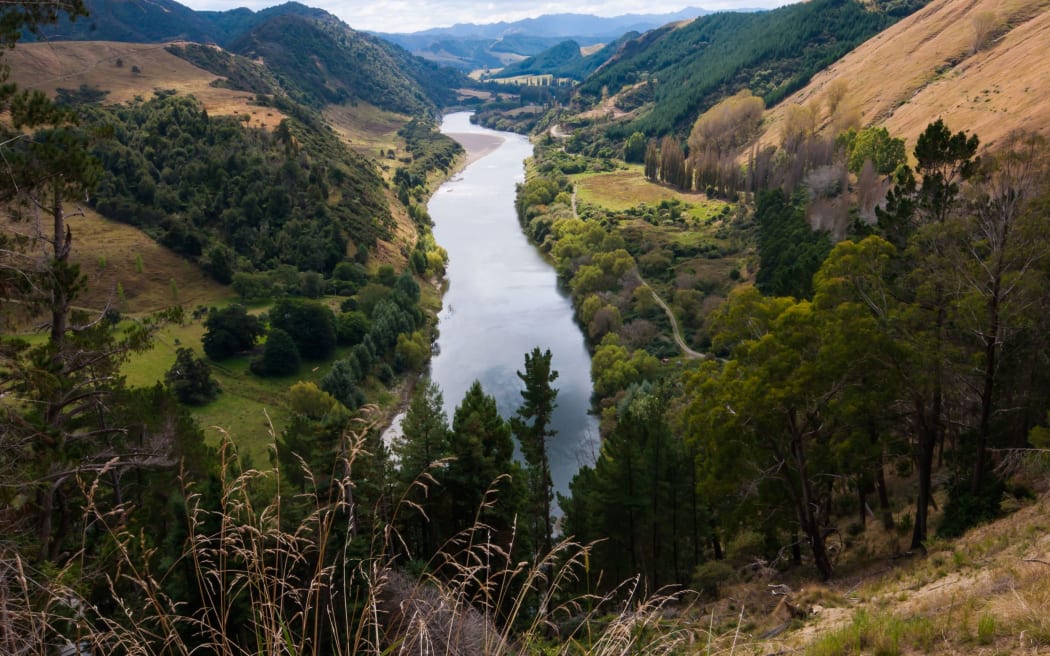
Whanganui River Photo: 123RF
Kate Meads – ‘The Nappy Lady’, waste-free parenting workshop organiser
"Kiwis needs to start buying less packaging. We sort of don’t think about what we buy and take home.
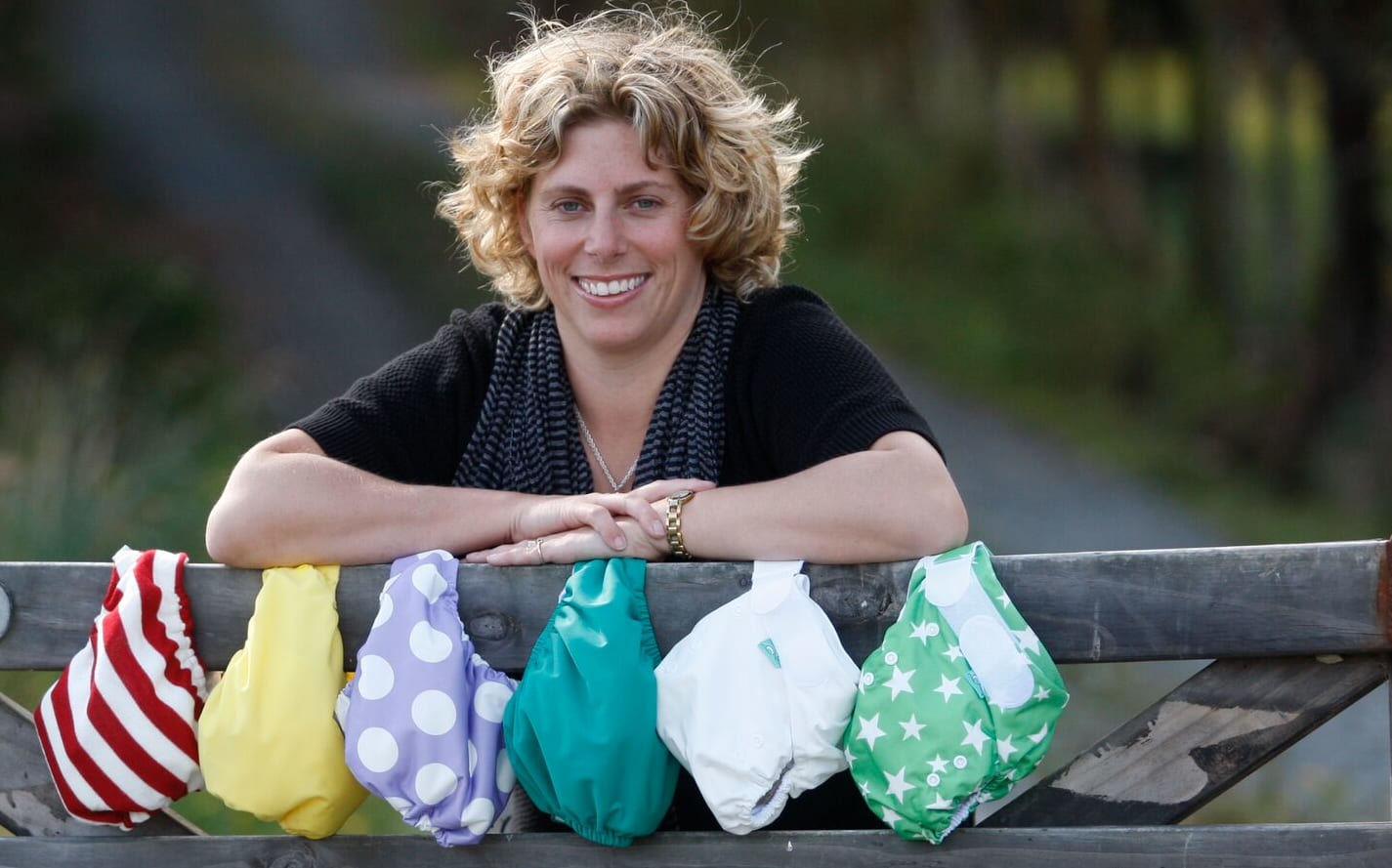
Kate Meads Photo: supplied
"If you go and visit a landfill the number of plastic bags and the waste products that are in the landfill is insane.
"When our parents went to the butcher they got it on butcher’s paper, there was no polystyrene tray, there were no little meat nappies, there was no plastic wrapping around it, it was just the meat and the paper and now we’ve got four pieces of waste for one steak.
"Takeaway coffee cups, all of that stuff, they’re products that just didn’t even need to exist, but we’ve embraced them in this sort of disposable lifestyle that we’re so engaged with and it’s just scary.
"If everybody does one tiny thing a day, whether it’s just no plastic bag or it’s just less packaging, essentially we all make a difference but sometimes we look at it and think the small stuff is so insignificant, but the small stuff adds up to be big changes if everybody does it."
Millan Ruka, Te Uriroroi, - River Assessor at Environment River Patrol
"For me, it’s for kiwis to reconnect with their awa (waterway).
"Most all of us have nearby harbour, moana, or a creek or a river, and it’s to reconnect with that.
"Get to know it, from its force, mountains to the sea.
"That’s my whakaaro.
"It’s amazing that people might not know that their creek might head into the Mangere river, when the Mangere river will connect to the Wairua river and the Wairua river will connect to the northern Wairoa river and on down into the Kaipara moana and of course into the Tasman sea.
"So everything connects and they are the veins of our life. Without them, life is not sustainable.
"The outcome, I think, of people reconnecting is to take ownership of what belongs to all New Zealanders.
"Anything that people do in the way of a Kaitiaki effort, you know picking up rubbish or telling someone else off for disposing of rubbish into our water ways, all these little things help.
"When you look broadly at Kaitiakitanga, it’s a cumulative effect. A little bit here, a little bit there, all adds up.”
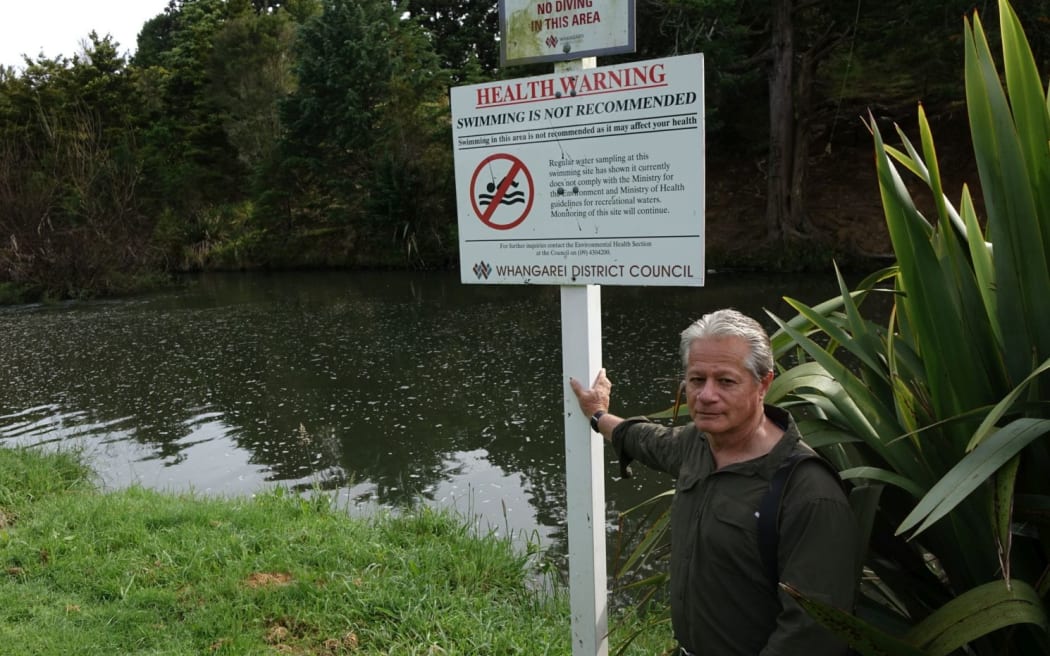
Millan Ruka at the Whangarei Falls swimming hole. Photo: RNZ / Lois Williams
Ann Brower – New Zealand committee chair of the International Union for the Conservation of Nature (IUCN)
"One really small but quite potent change we could make would be to drive just a little bit more gently, it makes a big difference in fuel economy.
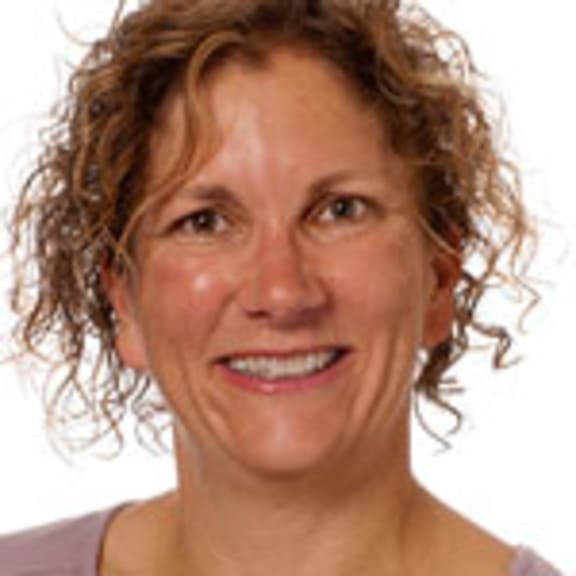
Ann Brower. Photo: RNZ / Conan Young
"If you just accelerate a little more slowly from stopped to go, from stopped at a red light to 50 kilometres, which is the speed limit in a lot of places, take a few more seconds to accelerate up to 50 kilometres per hour, and you’ll save a fair bit of petrol.
"We would use less petrol and pollute less and the road safety toll might be a little bit better.
"Air quality will improve, we’ll be emitting a little less carbon, well 10 percent less carbon from our cars, and that would slow or at least put less of a contribution toward climate change."
Sam Judd - Co-founder and CEO of sustainable coastlines charitable trust
"The best thing that people can do for the environment, is to grow and eat organic food at home, wherever possible.
"The number one item that we pick up from the beach, having picked up more than 1 million litres over the last nine years, is food wrappers.
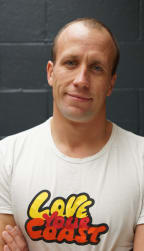
Co-founder and CEO of Sustainable Coastlines Sam Judd. Photo: Supplied
"We can grow organic food – it’s cheaper it’s healthier and it means zero waste, but additionally it stops chemical pollutants from going into waterways when food is produced.
"Waterways and environmental water health is probably New Zealand’s biggest environmental issue right now.
"In terms of what anyone can do, not necessarily the person who’s deciding how many cows or how much fertiliser to put on a farm, but mums and dads and kids at home, they can change the food system as a consumer.
"They can choose organic food, which means that there’s no chemicals going into the waterways.
"And it’s actually a connection to nature which provides all sorts of additional benefits, from psychology to empathy to exercise.
"Make yourself a planter box out of pellet wood, you know, salvage some old untreated pine wood, turn it into a planter box and grow yourself some seasonal food, learn how to cook it and it’ll make a big difference to the environment piece by piece."
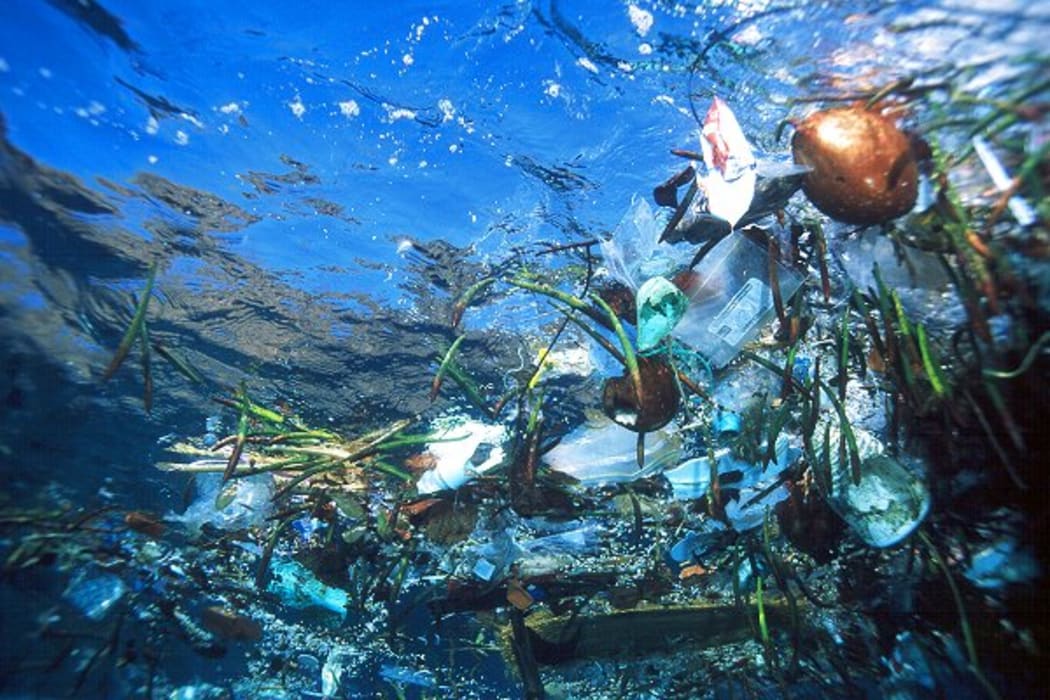
Plastic rubbish at sea. Photo: CC BY-NC-SA 2.0 Cesar Harada
Dr Nick Smith, Environment Minister
"My recommendation for Kiwis on International Earth Day would be to up their recycling efforts.
"All New Zealand households should be able to recycle glass, plastics and paper, and the next step is to recycle soft plastics, including supermarket bags, bread bags and frozen food bags."
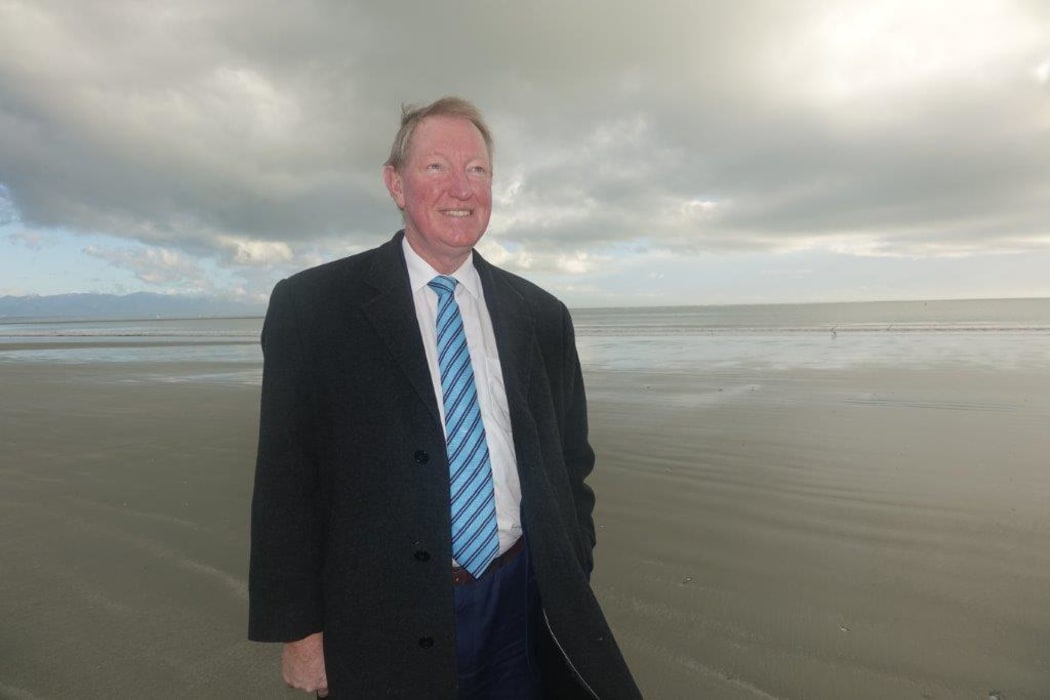
Nick Smith on Tahunanui Beach. Photo: RNZ / Tracy Neal
Ashley Campbell, co-chair of Greening the Red Zone
"You can’t change the entire world but you can change what’s going on around you, and you can get involved, in whatever way is possible for you, in local environmental issues.
"In some places that might be cleaning up your local stream, it might be involved in planting some more native plants, it might be planting a few native plants in your own garden.
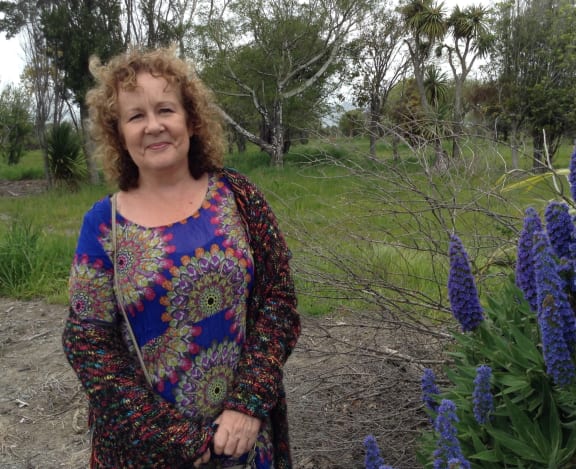
Greening the Redzone co-chair Ashley Campbell. Photo: Supplied
"In Christchurch, which is where we operate, I’d really urge people to make paying attention to what’s happening with the Red Zone their daily change.
"And it is pretty much a daily change at the moment because of course this is the year the future of the Red Zone is being decided and regenerate Christchurch is doing all the consultation and there’s lots of information out there and lots of organisations trying to get this information out there – it’s not hard to find the information.
"It’s going to affect our drinking water, it’s going to affect our storm water, it’s going to affect the amount of wildlife in our city, it’s going to affect our recreation opportunities, it’s going to affect flooding that happens, so really understanding of what affect this land has on the rest of our city, and the affect that all the suggestions for this land will have on our city, will change the way the city looks and operates for hundreds of years.
"So it is a huge opportunity, but it is something that it just takes us to pay attention to every day and get involved in every day – even if it’s only for five minutes, even if it’s for only clicking an online survey, or taking 15 minutes once every couple of months to fill out a submission.
"It’s going to have a huge impact on our environment for centuries to come."
Rick Thorpe – Raglan Xtreme Zero Waste co-manager
"Something to do in a practical way, every day in our lives that would make a difference would be to eat seasonally, eat locally.
"Xtreme Zero Waste is a community organisation that manages Raglan’s solid waste and one of our biggest issues is food packaging.
"Food products, you know, with preservatives to make them last longer, to give us that flexibility in the home. But I guess we just have to ask that question… Is that the best foods to be offering our children?
"Eating locally and eating seasonally you can minimise the amount of packaging, and also you get the added benefits of having food that’s sun ripened, possibly organic, you’re supporting local food production, so sort of building resilience within your own community.
"Living with the seasons, you know, it’s more a kind of celebration of the time of year."
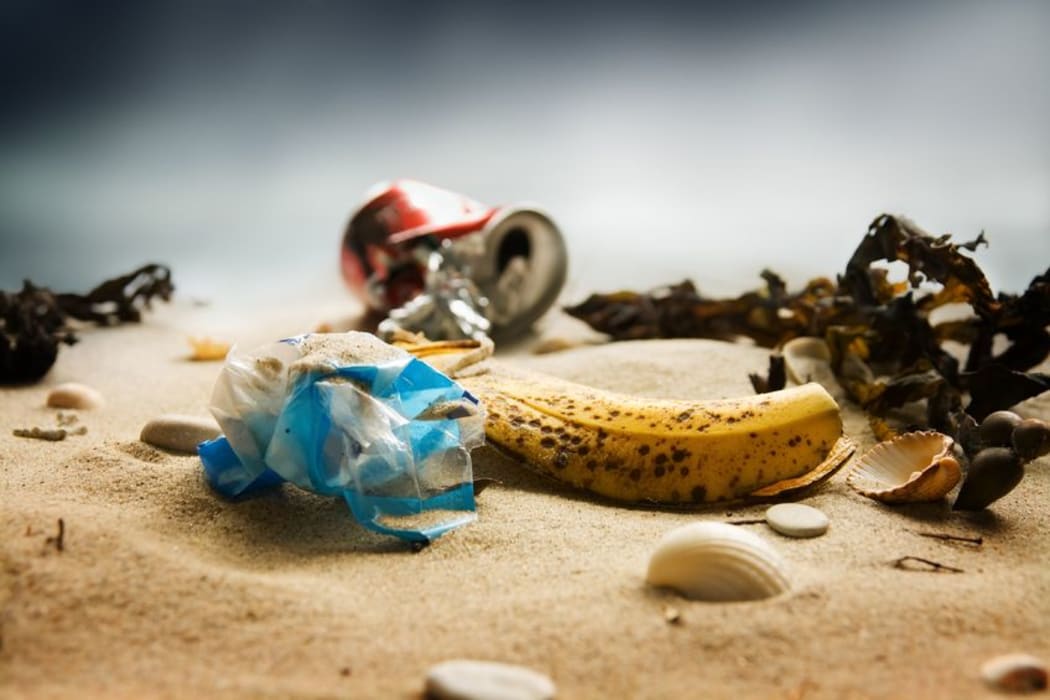
Photo: 123RF


